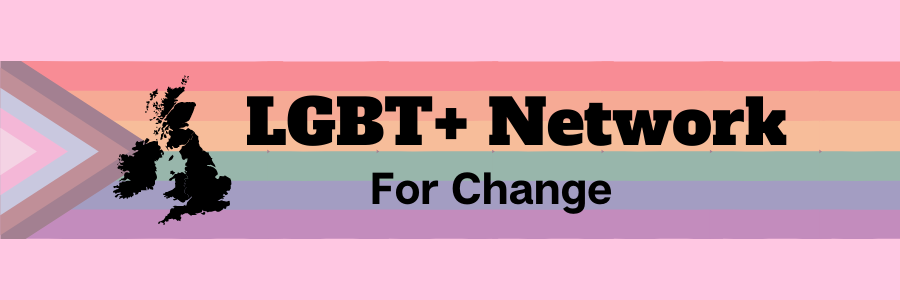The LGBT+ Network for Change is very pleased to commemorate International Women’s Day 2022 with this short article.
International Women’s Day (IWD) was initiated for the first time in 1911 and was instituted for the first time by the United Nations in 1975, with March the 8th being selected for the date for annual worldwide commemoration when the UN General Assembly invited UN members across the world to celebrate the day on March 8th.
For LGBT+ peoples across the globe IWD is important as it not only provides an occasion for the world to recognise that lesbian community members and our Trans women’s community members, be recognised as an important part of this global annual commemoration of the rights of women and their contribution to society, families, arts, culture, belief systems, and history, economies, and in daily life as mothers, partners, daughters, granddaughters, grandmothers, but also because in many ways the struggle for gender equality interconnects closely for that concerning our LGBT+ community.
The rights and quality of life for all females and that for all LGBT+ people interrelate; many of the same archaic and patriarchal forces that have sought to control, often brutally, and oppress women, are mirrored in the story of LGBT+ people. Advance on rights, protections, and resolution of needs and issues for one community commonly impact positively on the other. The story of phenomenal advance of LGBT+ human rights in for example the Republic of Ireland have connected powerfully to rapid advance of women’s human rights such as on contraception and abortion.
The brutal murder of Sarah Everard by a serving UK/Metropolitan police officer in early March 2021 coincided, almost to the day with IWD 2021 (https://www.bbc.com/news/uk-58746108), and subsequent revelations of extreme misogynistic ‘cultures’ in a Met Police unit at Charing Cross Police station, and two years before at a Hampshire Police unit (Basingstoke), combined with the aggressive breaking up by the Met Police of a Sarah Everard vigil (almost all women) soon after, shows how much more needs to be done however. In the UK police forces examples mentioned the same anti-women cultures included equally virulent homophobic and racist cultures.
We conclude though on a direct and very positive IWD related story note, from Bournemouth. The LGBT+ Network for Change is in conjunction with Dorset Race Equality Council, joint client for an exciting LGBT international film festival — https://lgbtnetwork4change.com/lgbt-history-month-2022-ends-with-network-completing-trustee-recruitment-preparation-finalisation-of-ethnic-minority-lgbtq-film-season-project/ — initiative whose main purpose is to raise awareness of our BAME/ethnic minority LGBT+ Community and its needs and challenges in being heard and in regard to its relationship to broader BAME/ethnic minorities and LGBT+ communities.
This much needed project is being facilitated by a 12-person Bournemouth University (BU) Events Management Department team is in fact an all-female one. When the project brief was provided by the Network and DREC to the BU department it was seized on as a particularly important and exciting one, and especially so with the department’s female students, who went on two form a two-part 12 person, all female project delivery team! This is a striking example of the close affinity that exists between our female community and our LGBT+ one, and illustrates the ‘Ally’ concept in a very effective and dynamic way!
